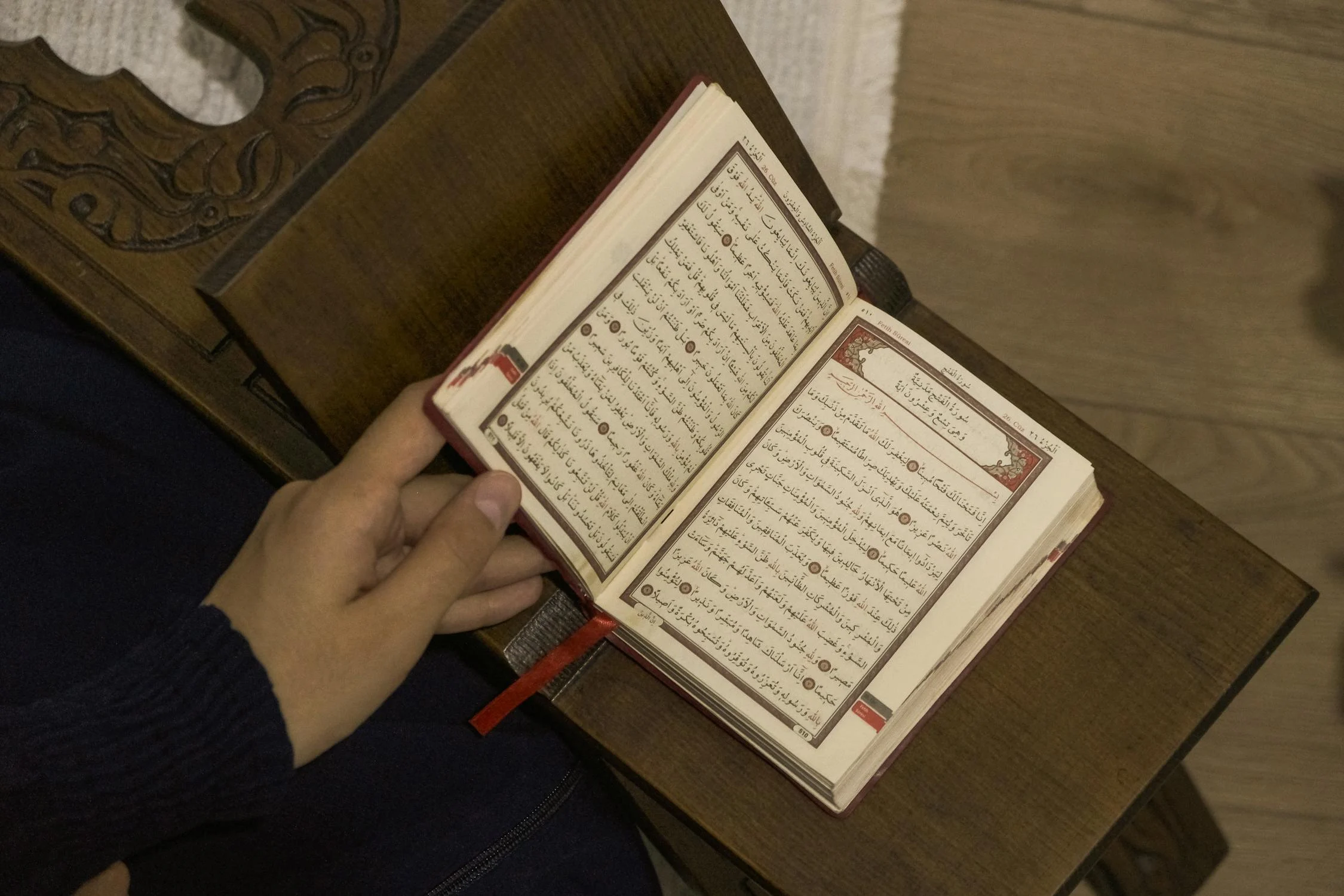Introduction
Islamic Studies for kids is an essential part of their upbringing as it helps them develop a strong moral and spiritual foundation. Teaching children about Islam from an early age ensures that they grow up with a clear understanding of their faith, responsibilities, and values. Islamic education not only focuses on religious knowledge but also instills ethical conduct, discipline, and love for Allah (SWT) and the Prophet Muhammad (PBUH).
This guide provides an in-depth approach to Islamic Studies for children, covering the importance of Islamic education, essential topics, methods of teaching, and resources to make learning engaging and effective.
Why Islamic Studies is Important for Kids
Islamic education plays a vital role in shaping the character and beliefs of children. Some of the key reasons why Islamic Studies is crucial for kids include:
- Building a Strong Faith – Teaching children about the core beliefs of Islam helps them develop a firm belief in Allah and His guidance.
- Moral and Ethical Development – Islam emphasizes values like honesty, kindness, patience, and respect, which help children grow into responsible individuals.
- Understanding Islamic History and Culture – Learning about the life of Prophet Muhammad (PBUH) and Islamic traditions helps children appreciate their religious heritage.
- Strengthening the Parent-Child Bond – When parents actively participate in their child’s Islamic education, it strengthens their relationship and helps establish a strong spiritual connection.
- Guidance for Daily Life – Islamic teachings provide guidelines for good behavior, prayer, and social interactions, which help children navigate life with wisdom and integrity.
Essential Topics in Islamic Studies for Kids
A structured Islamic curriculum should cover various topics to provide a well-rounded understanding of Islam. Here are the essential subjects:
1. Belief in Allah (Aqeedah)
- Understanding Tawheed (Oneness of Allah)
- Names and attributes of Allah (Asma-ul-Husna)
- The concept of worship and why we worship Allah
- The importance of trusting and relying on Allah
2. The Five Pillars of Islam
- Shahada (Faith): The declaration of faith and its meaning
- Salah (Prayer): Teaching the importance of prayer and how to perform it correctly
- Zakat (Charity): Understanding the significance of helping the poor
- Sawm (Fasting): Learning about fasting in Ramadan and its spiritual benefits
- Hajj (Pilgrimage): Teaching children about the pilgrimage to Makkah and its importance
3. The Life of Prophet Muhammad (PBUH)
- Early life and Prophethood
- Key events and lessons from his Seerah (biography)
- His character and teachings
- Love and respect for the Prophet
4. Stories of the Prophets
- Prophet Adam (AS) and the story of creation
- Prophet Nuh (AS) and the great flood
- Prophet Musa (AS) and the Pharaoh
- Prophet Isa (AS) and his miracles
- Prophet Yunus (AS) and the whale
5. The Quran and Its Teachings
- Introduction to the Quran and why it is important
- Short Surahs and their meanings
- Understanding the message of the Quran in simple terms
- The importance of recitation and memorization
6. Islamic Manners and Etiquette
- Saying Bismillah before actions and Alhamdulillah after
- Respecting parents, elders, and teachers
- Proper greetings and Islamic phrases (e.g., Assalamu Alaikum, JazakAllah)
- Cleanliness and hygiene in Islam
- Eating and drinking etiquette
7. Daily Duas and Supplications
- Duas for waking up and sleeping
- Duas before eating and after finishing a meal
- Duas for traveling, entering, and leaving the home
- Duas for seeking forgiveness and protection
8. Islamic Holidays and Celebrations
- Understanding Eid-ul-Fitr and Eid-ul-Adha
- The significance of Ramadan and fasting
- Learning about the Islamic calendar and important dates
How to Teach Islamic Studies to Kids
Teaching Islamic Studies to children requires a fun, engaging, and interactive approach. Here are some effective methods:
1. Storytelling Approach
Children love stories, and using engaging narratives from the Quran and Hadith is a great way to teach them about Islamic values and history.
2. Interactive Learning
- Use activity books, coloring pages, and puzzles related to Islamic topics.
- Encourage role-playing and dramatization of historical Islamic events.
- Organize Islamic-themed games and quizzes.
3. Practical Demonstrations
- Teach kids how to pray by demonstrating each step.
- Show them how to perform ablution (wudu) properly.
- Encourage acts of kindness, charity, and good manners in daily life.
4. Digital Resources and Apps
- Utilize Islamic learning apps like Muslim Kids TV, Quran Explorer for Kids, and Noorani Qaida.
- Show Islamic cartoons and educational videos to make learning enjoyable.
- Use interactive websites that offer Islamic games and activities.
5. Involvement in Islamic Community Activities
- Take children to the mosque for prayers and Islamic classes.
- Encourage participation in Islamic events and workshops.
- Engage them in charitable activities like donating to the needy and volunteering in community service.
Resources for Teaching Islamic Studies
To ensure effective learning, parents and educators can use a variety of resources:
Books:
- “My First Quran with Pictures” by Shereen Sharief
- “Goodnight Stories from the Life of the Prophet Muhammad” by Saniyasnain Khan
- “Learning About Islam” series by Ali Gator
- “The Prophets in the Quran” by Saniyasnain Khan
Online Platforms:
- Bayyinah TV Kids Section
- One4Kids – Zaky & Friends
- Smart Ark Educational Resources
Apps:
- Muslim Kids TV
- Quran Stories for Kids
- Noorani Qaida
Challenges in Teaching Islamic Studies to Kids and How to Overcome Them
Many parents and educators face challenges when teaching Islamic Studies. Here are some common obstacles and their solutions:
1. Lack of Interest in Learning
Solution: Make learning interactive by incorporating games, crafts, and multimedia resources.
2. Difficulty in Memorization
Solution: Use repetition, rhyming techniques, and visual aids to help kids remember Surahs and Duas.
3. Limited Time for Islamic Studies
Solution: Integrate Islamic teachings into daily routines and make learning a family activity.
4. Keeping Consistency
Solution: Set a specific time each day for Islamic learning and make it a habit.
Conclusion
Islamic Studies for kids is an essential part of their education, helping them develop a deep understanding of their faith and values. By using engaging teaching methods, interactive resources, and practical applications, parents and educators can make Islamic learning enjoyable and meaningful. When children grow up with a strong Islamic foundation, they are better equipped to navigate life with confidence, kindness, and faith in Allah.
By making Islamic education a priority, we can raise a generation that is knowledgeable, compassionate, and devoted to Islam. Start today by incorporating small yet impactful lessons, and watch as your child’s love for Islam flourishes.




